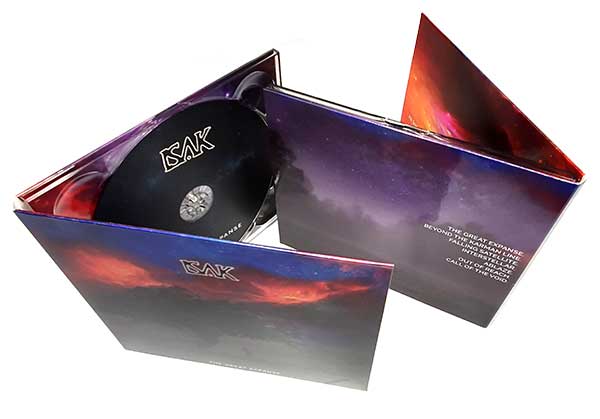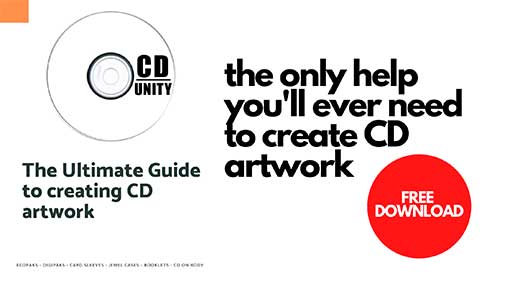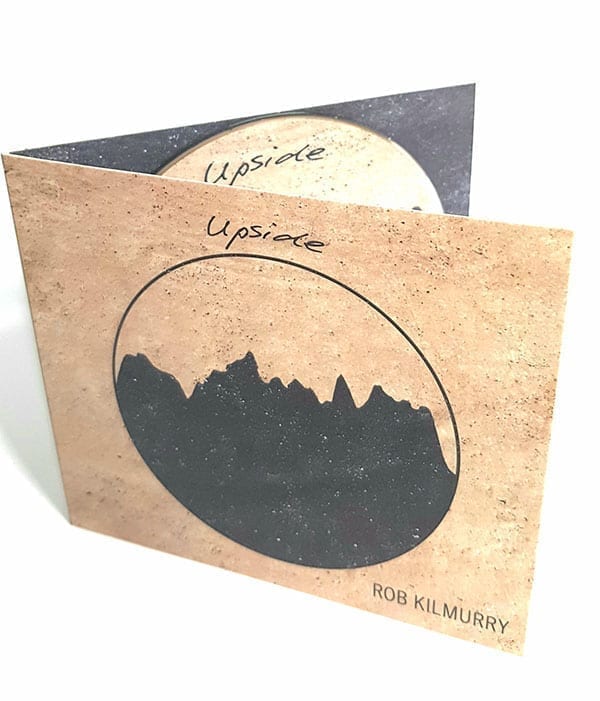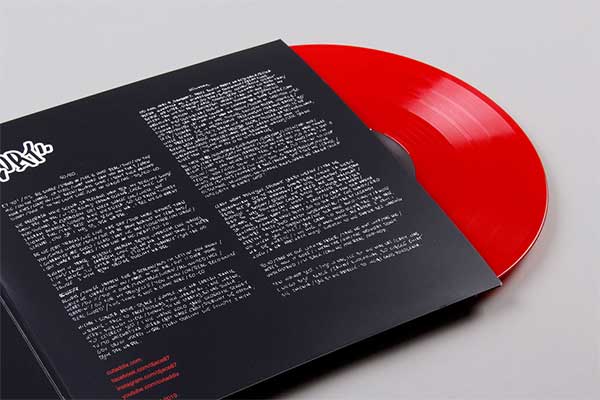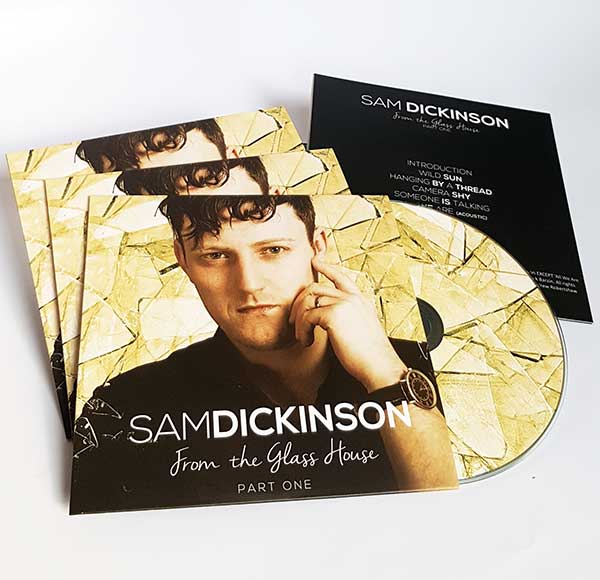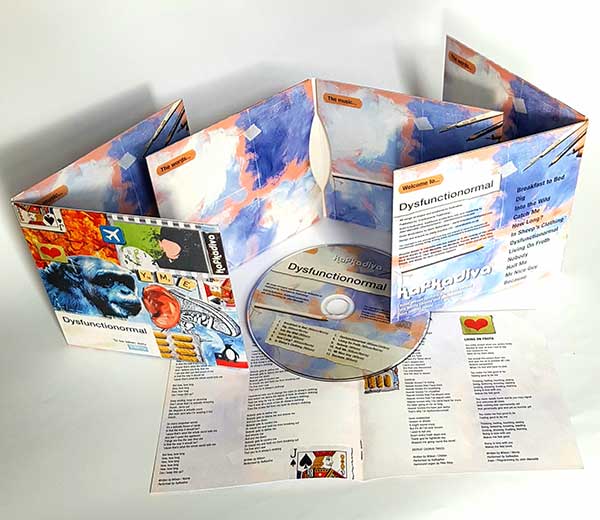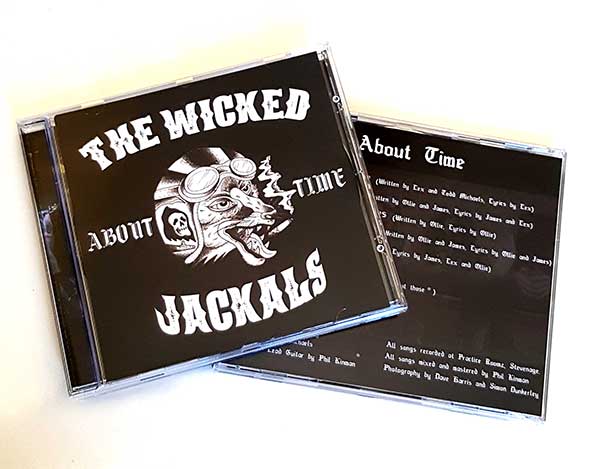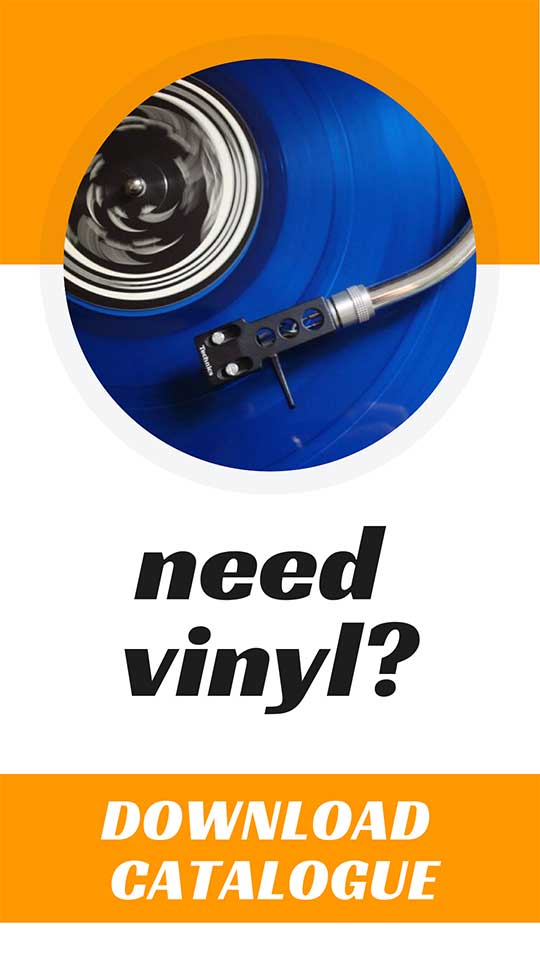What is a LP and What Does it Mean
LP stands for ‘long play’, which, in essence, is a full-length album. As such, LPs are considered a revealing insight into musical artist’s state of mind during creation. This is why they hold a special place in the heart of musical fans.
So what is an LP? LP is an abbreviation for ‘long-playing record’. The term, LP (long play), used to refer to a 33 1/3 rpm microgroove vinyl record. These records act as a storage medium for analogue sound. The sounds stored on this record are the songs you listen to and, therefore, make up the LP. However, with technological advancements, music moved from analogue toward more digital formats.
In turn, with a decreasing popularity of vinyl records, the term LP, in music, began to refer to track numbers. Now, an LP album is around 12-songs in length and can be produced as a CD or digital recording.
What Does a LP Look Like?
Originally, a LP record was a black disk (although the colour can change), between 12 inches (30cm) and 10 inches (25cm) in diameter. However, there have been variations in the sizes of LPs throughout the years. On these discs are indentations known as grooves – these are a representation of how the sound waves move during the audio’s playout.
Each LP vinyl disk is then stored in a commemorative record sleeve. These sleeves were the original platform for album artwork.
In 2020, a LP can take on many forms. Most popularly, it is in the shape of a compact disc (CD), held within a band’s album case. However, many people only own albums digitally and never seen a physical copy of the disk.
How Does a LP Work?
On the LP vinyl itself, it will have three-dimensional grooves cut into the disc material. The record player’s needle, or stylus, will the run over these grooves, creating an electric current that is amplified through the attached speakers. This disc will rotate at 33 1/3 rotations per minute.
Many record collectors and musicians claim the sound from a LP is far superior to anything else. This is due to the “warmness” of the vinyl’s sound, compared to digital transmitted music, which can be found, for example, in Bluetooth speakers and the like.
However, for a LP CD, it will work similarly to any other CD. Basically, a miniature laser bean within the CD player will scan the disk, generating a series of ones and zeros. This code isconverted into a changing pattern of electric currents and played out through a loudspeaker; giving you the sounds of the CD you paid for.
How to Play a LP?
For a vinyl LP, you will need a record player. But be careful, make sure you buy the right kind of record player for your records – not all record players can play vinyl of any size. Second of all, to hear your precious LP you will need speakers. On top of all this you will need equipment for maintaining both your record player and its records. All of this stuff is not cheap, but that’s what makes record collectors so proud of their collection.
For a CD LP, simply place the disk, correct-side-up, into your player of choice. For a digital LP, just stream the album on your music listening platform of choice.
Is Vinyl and LP the Same Thing?
LP is a term, meaning ‘long play’, which was originally used to differentiate a full album from anything less than a full album. However, with a variety of technological improvements through the years, ‘vinyl’ has become somewhat of a catch-all term to separate vinyl media from other formats.
This means that LP, as it refers a measurement of songs, can be applied to any medium. Therefore, you can have a vinyl which is a LP, or a CD which is a LP.
Is an Album and a LP the Same Thing?
Essentially, yes. As LP stands for ‘long play’, which is in essence a full album, the terms ‘album’ and ‘LP’ are interchangeable.
How Many Songs are on a LP?
LPs are synonymous with full-length albums. This means there is not a set amount of songs that are to be included on a LP. However, in most cases, a LP album is usually between 10 and 12 songs in length.
What is the Difference Between EP and LP?
The difference between EP and LP is what each abbreviation means. EP stands for ‘extended play’. Therefore, it can be anything between a single-song release, and just less than a full musical album.
Typically, EPs are a body of work which is made up of several songs, with a running theme throughout. But an EP is not considered to contain enough songs to constitute a full album.
LP, comparatively, stands for ‘long play’. Essentially, this is a full-length album. As these projects are then seen as fully rounded bodies of work, fans tend to judge their release at a much higher critical standard than EPs.
What is the Difference Between LP and Mixtapes?
A mixtape, much like an LP, can be a full album. But it is not sold – it can never be sold. It is given away to promote the artist(s) and, hopefully, build a fan base. Most commonly, mixtapes are used by unsigned artists looking to gather a following and launch their career.
Only recently have mixtapes been considered for Grammy-award consideration. In fact, Chance the Rapper’s Coloring Book is the first Grammy-award-winning-mixtape.
Are EPs Still Popular?
Definitely. In fact, world-renowned pop star Miley Cyrus announced that her seventh studio album, She Is Miley Cyrus, will be published as a series of three EPs. So, the musical art form is very much alive and kicking.
Are LPs Expensive to Manufacture?
LPs made on vinyl records are expensive to make. This is because on each side of vinyl record, only 24 minutes of audio can be stored. Therefore, anything longer than 48 minutes in length will require the production of a second vinyl.
LPs made on compact discs are much cheaper to make than vinyl. This is because each CD can hold up to 78 minutes of audio – 30 mins longer than the maximum of a vinyl LP.
Should I Buy a Vinyl LP?
The vinyl record is considered the peak of audio listening. Here are some reasons why:
Sound quality – vinyl has more peaks and valleys compared to the compressed digital form.
Surface noise – audiophiles enjoy the hum of the stylus along the record’s grooves and its occasional crackling sound.
Nostalgia – due to their popularity in the concluding years of the 20th century, LP vinyl’s act as an injection of nostalgia for listeners of a certain age
Tactile – you simply can’t hold a MP3 in the same way you can touch a LP
Collectible – each LP is housed in a vinyl record sleeve. Over the years, these sleeves have been increasingly aesthetic pleasing with many people now collecting vinyl solely for the sleeve’s artwork.
Value – vinyls are the most valuable musical format, a value which only increases as time passes.
Are Vinyl LPs Still Popular?
Undoubtedly, yes. Here are the top five best-selling vinyl LPs in 2020 so far:
- Rumours – Fleetwood Mac
- Back to Black – Amy Winehouse
- Nevermind – Nirvana
- MTV Unplugged – Liam Gallagher
- Fine Line – Harry Styles
Where Can I Buy LPs?
Remember, LPs are not exclusively vinyl records. They come in the form of compact disc and in digital. Therefore, they are easily purchased throughout modern life.
At Audio Unity Group, we offer a range of vinyl LPs, from 7’ singles, to 12’ Double-Gatefold sleeves!
Other than that, we would encourage you to buy from your local music shop. You can always find a gem or two, at a knock-down price, from rummaging through their creates!
How Was the LP Created?
Way back in the 1877, famed inventor Thomas Edison invented a device that could record and reproduce sound for the first time. But this was not on a disc, instead, it was on a metal cylinder.
Some 70 years late, the vinyl LP was first created in 1948, and soon enjoyed a ‘golden age’ of popularity right up to the 1990s. However, with the advent of technological advancement, and the mass production of cheaper musical alternatives, such as Philip’s Cassette tape, vinyl LP’s mass-popularity did not last.
Instead, LP became a term denoting the length of a music album (between 10 and 12 songs), rather than specifically referring to a vinyl record. This led to the mass-production of LPs in CD and digital format.
In 2020, vinyl material, is having somewhat of a revival due it’s purity and warmth of sound, compared to contemporary alternatives. But, the term LP, is now firmly accepted as a measurement of length rather than a specific type of vinyl record
| Topic | Information |
|---|---|
| LP | Stands for ‘long play’, a full-length album that reveals an artist’s state of mind during creation. |
| LP Definition | Abbreviation for ‘long-playing record’, originally a 33 1/3 rpm microgroove vinyl record. |
| LP Format | LP can refer to track numbers for CDs or digital recordings, but originally a black disk between 12-10 inches in diameter. |
| LP Working | LP vinyl has three-dimensional grooves cut into the disc material. CD LPs work similarly to other CDs. |
| LP and Vinyl | Vinyl has become a catch-all term to separate vinyl media from other formats. LP can be applied to any medium. |
| Album and LP | LP and album are interchangeable terms as LP stands for ‘long play’, which is a full album. |
| EP vs. LP | EP stands for ‘extended play’, which is less than a full album, while LP is a full-length album. |
| Mixtape vs. LP | A mixtape is not sold and used for promotion, while LP is a full-length album. |
| EP’s Popularity | EP’s are still popular, with artists like Miley Cyrus releasing her seventh studio album as a series of three EPs. |
| LP’s Cost | Vinyl LPs are expensive to make as only 24 minutes of audio can be stored on each side. CD LPs are cheaper to produce. |
| Buying Vinyl LPs | Vinyl LPs are still popular and can be purchased in various forms, including digital and CD. |
| History of the LP | Invented in 1948, vinyl LPs enjoyed popularity until the 1990s. LP now refers to the length of an album, not just vinyl. |
Hope that helps!
Thanks,
Rory
Get ready for your CD release!
Download our FREE pdf guide and be on the sure path to release your CD successfully.
Download pdf guideYou might also like:
Includes PR companies, UK promoters & UK booking agents. Everything you need to put your band on the map.

